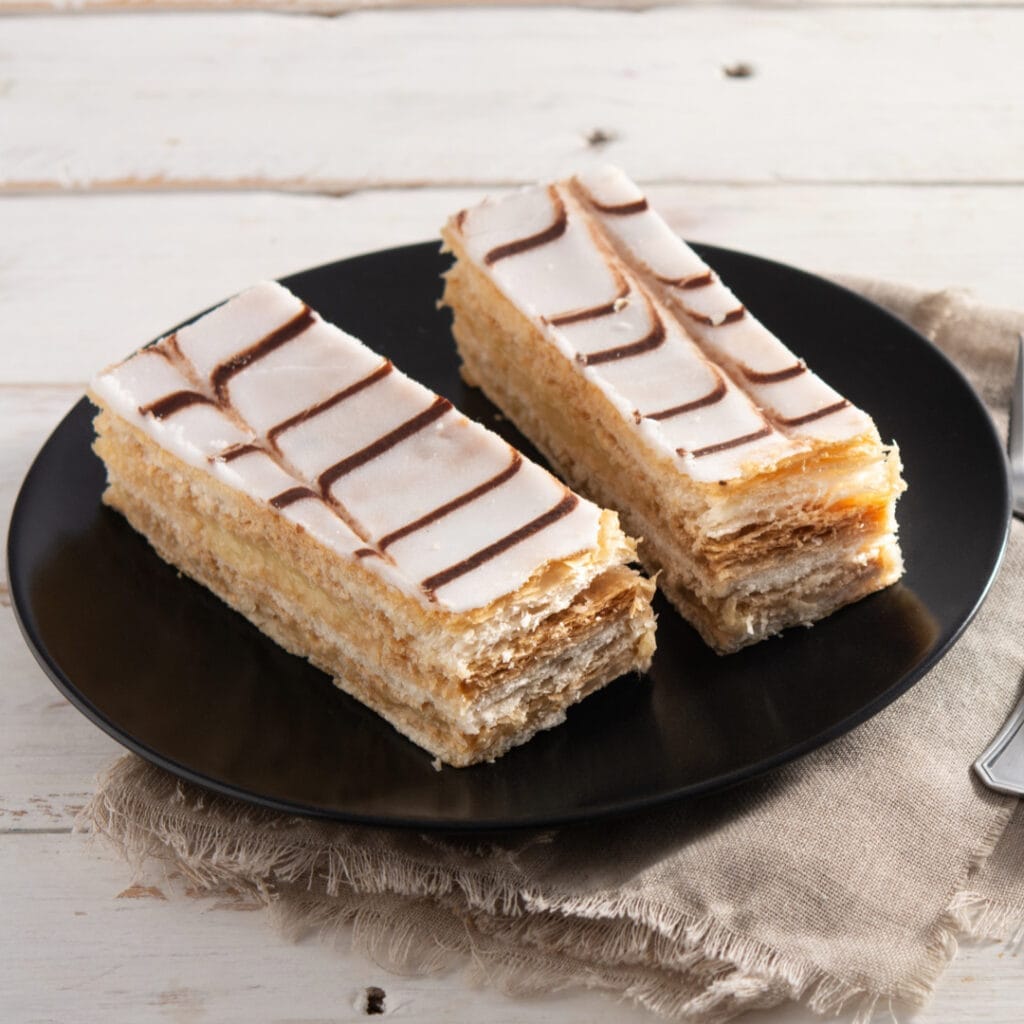What Are the Top 5 Trends Shaping Wholesale Bakeries in 2024?
Wholesale bakeries have been a cornerstone of communities for centuries, evolving from small family-run shops to large-scale operations supplying supermarkets, cafes, and restaurants. In 2024, this industry is undergoing a revolution driven by technology, sustainability, and shifting consumer tastes. Let’s break down the key trends redefining how wholesale bakeries operate—and how they’re staying ahead of the curve.
1. Why Are Wholesale Bakeries Prioritizing Sustainability Now?
From compostable packaging to energy-efficient ovens, eco-friendly practices are no longer optional. Consumers demand transparency, and wholesale bakeries are responding:
- Biodegradable wrappers: Replacing plastic with plant-based materials.
- Local ingredient sourcing: Cutting carbon footprints by partnering with nearby farms.
- Zero-waste production: Repurposing food scraps into new products (e.g., breadcrumbs from stale loaves).
Pro Tip: Brands like PMF offer recyclable bakery liners and energy-saving equipment to help businesses transition smoothly.
How Can Bakeries Adopt Sustainable Practices Without Raising Costs?
Start small: switch to LED lighting in facilities or negotiate bulk pricing for compostable boxes. Many suppliers, including PMF, provide cost-effective solutions for wholesale bakeries aiming to go green.
2. Are Health-Conscious Products Really Booming in Wholesale Baking?
Absolutely. With 60% of consumers seeking low-sugar or high-protein options, wholesale bakeries are reinventing classics:
- Keto-friendly breads: Almond flour and psyllium husk replace traditional wheat.
- Vegan croissants: Plant-based butter and dairy-free chocolate fillings.
- Gluten-free muffins: Using oat or rice flour blends.
Common Flavors Getting a Healthy Twist: Dark chocolate (rich in antioxidants), turmeric-infused sourdough, and matcha-spiced pastries.
3. What Technology Are Wholesale Bakeries Using to Speed Up Production?
Automation is key for meeting high demand. Examples include:
- AI-powered dough mixers: Adjust hydration levels in real time for consistent quality.
- Smart inventory systems: Track flour, yeast, and toppings to prevent shortages.
- Robotic packaging lines: Wrap 500+ loaves per hour with minimal human intervention.
Looking to upgrade? PMF’s commercial-grade equipment integrates seamlessly with existing setups, ideal for food distributors scaling operations.
4. How Are Global Flavors Influencing Wholesale Bakery Menus?
Consumers crave adventure, and wholesale bakeries are delivering:
- Middle Eastern: Cardamom-spiced buns, za’atar focaccia.
- Asian-inspired: Mochi doughnuts, red bean paste swirls.
- Latin American: Dulce de leche-filled medialunas, concha-style sweet breads.
Which Flavors Sell Best for Wholesale Bakeries?
Data shows hybrid flavors (e.g., chocolate-hazelnut croissants) outperform single-note options. Seasonal twists—like pumpkin chai rolls in fall—also drive bulk orders.
5. Why Is Customization Dominating Wholesale Bakery Orders?
Businesses want exclusive products. A café might request branded logo cookies, while a hotel needs mini desserts for event platters. Wholesale bakeries offering tailored recipes or packaging see 30% higher retention rates.
Did You Know? PMF provides custom dough conditioners and food-safe dyes to help clients create signature items efficiently. Explore their customizable options here.
How Can Wholesale Bakeries Stay Competitive in 2024?
Focus on agility: test limited-time offers (LTOs) to gauge trends, invest in staff training for new techniques, and partner with reliable suppliers. For instance, PMF specializes in high-margin additives like pre-measured frosting mixes and shelf-stable fillings—perfect for food businesses balancing quality and speed.
About PMF: For over a decade, PMF has supplied wholesale bakeries and food distributors with premium ingredients, packaging, and equipment. From artisanal baking sheets to industrial dough sheeters, our product line supports businesses in delivering quality at scale.



